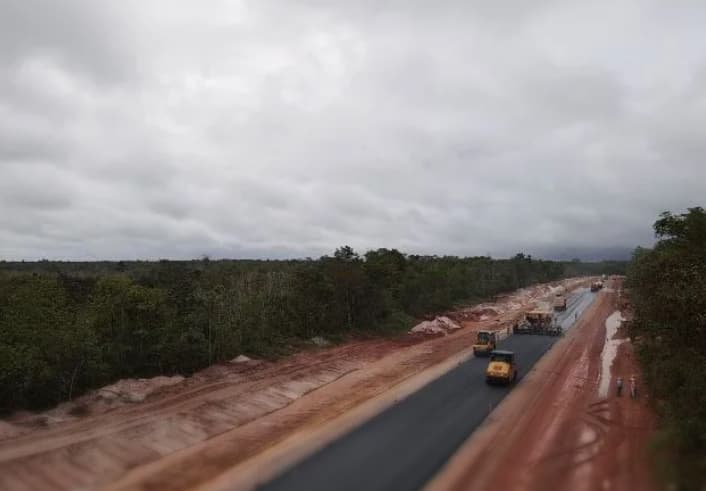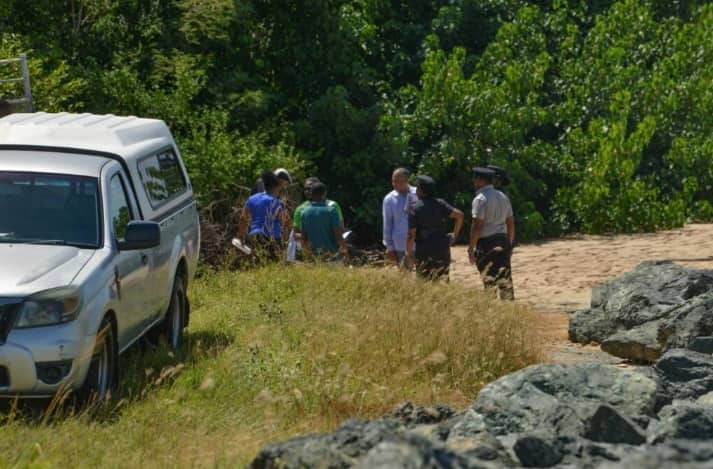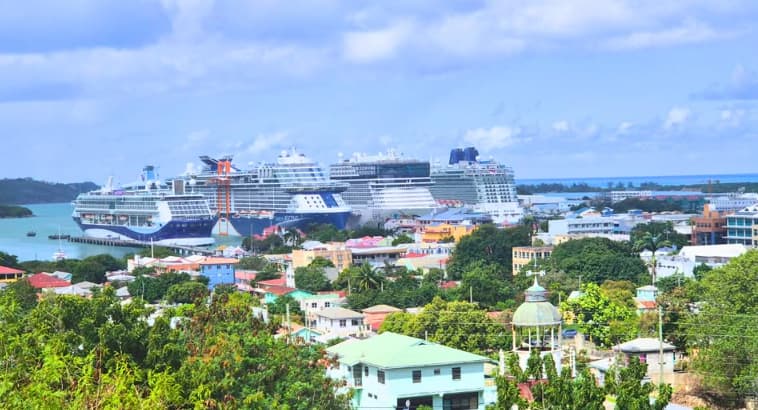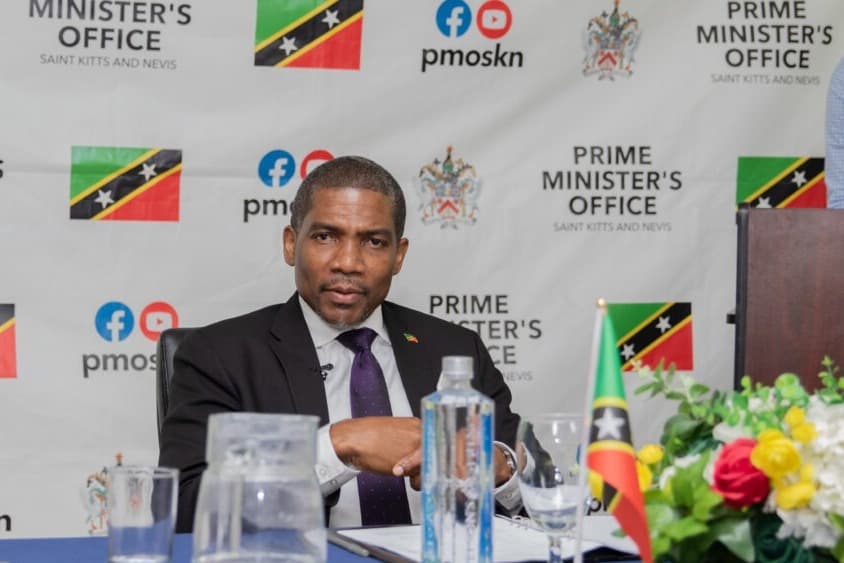Grenada bans individuals with 14 day travel history to India, Brazil
Grenada on Tuesday announced a ban on people entering the island with a travel history that includes visits to India and Brazil over the past 14 days, as it seeks to limit the spread of the coronavirus (COVID-19) pandemic.
5th of May 2021

St George: Grenada on Tuesday announced a ban on people entering the island with a travel history that includes visits to India and Brazil over the past 14 days, as it seeks to limit the spread of the coronavirus (COVID-19) pandemic.
“This means that no one with a 14-day travel history from India or Brazil may enter Grenada. People will have to spend the relevant time in a third party that allows them to enter,” Health Minister Nickolas Steele told reporters at the end of the weekly cabinet meeting.
He said the Cabinet had agreed to restrict travellers from these two countries on the advice of the COVID-19 committee and medical chief.
Both countries reported a significant number of infections and deaths due to the virus, and India recorded more than 20 million cases.
Grenada currently has one active imported asymptomatic case and since the first person was diagnosed in March 2020, the total number of infected cases here is 161 with one death.
The island’s vaccination program, which began on February 12, continues and authorities have reported that more than 13,000 people received the first dose, while more than 3,000 were fully vaccinated with the AstraZeneca vaccine.
But health officials have openly expressed concern about the slow pace of vaccination provided to every citizen over the age of 18.
Acting Chief Medical Officer Dr Shawn Charles said a significant number of health workers were reluctant to be vaccinated. In contrast, several front-line workers in the tourism/hospitality sector even refused to be tested, although they were classified as ‘potentially exposed’.
“These individuals are challenging and resist the test,” Charles said during the briefing. He explained that these workers are mainly workers in the housekeeping department of hotels and other places of accommodation used to get persons in quarantine upon their arrival on the island.
“Vaccination is one of the most effective ways to protect people from disease,” he said.
Meanwhile, Charles says authorities have noted that there is currently a policy that allows people entering the island to spend 48 hours in quarantine, but people travel as part of a group of non-vaccinated people.
“There are people who are not vaccinated, and they do not carry the same protection against the disease. Therefore, if you have a mixed group and they can not separate, it should be treated as a hazard,” said Dr Charles.
He said there are people who can deceive the system with fake documents like vaccination cards or PCR test results.
“We investigate all vaccination cards at Ports of Entry and our health officials have the right to refuse the document if they think it is not authentic. “In addition, any document that we believe is not authentic will follow the country that issued the country, while the person remains in quarantine,” he said.
“We are also testing all these individuals; and individuals are getting a PCR test on arrival,” he said, confirming that other states could also scrutinize the maps issued by Grenada. Once an investigation has been done, the answer will be easily provided because the names of all individuals receiving the COVID vaccine are recorded in a system.
“So, questions about whether someone from Grenada has been vaccinated or not, they can simply make a call to us,” he added.
Latest
- Guyana’s Linden to Mabura Road Project Nears Completion, Connecting Country to Northern Brazil
-
Trinidad: Unidentified man found dead on Uriah Butler Highway in suspected hit-and-run -
Tuberculosis cases reported at Edward P. Yorke High School in Belize City -
Sugar Mas Carnival boosts St Kitts and Nevis economy to $29.5m -
Jamaican Designer Rachel Scott Debuts Fall 2026 Diotima Collection at New York Fashion Week
Related Articles


21st of February 2026

20th of February 2026

20th of February 2026


19th of February 2026

18th of February 2026

